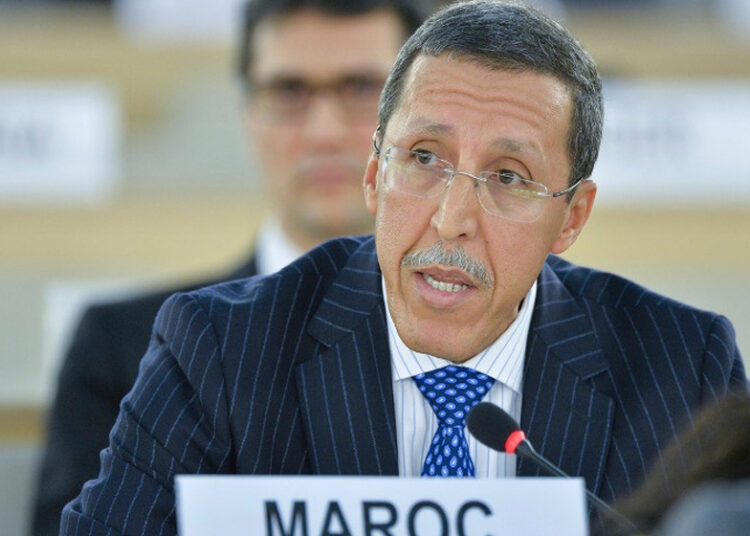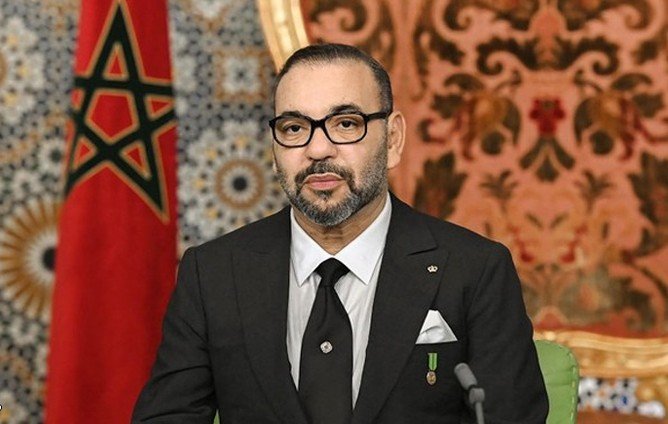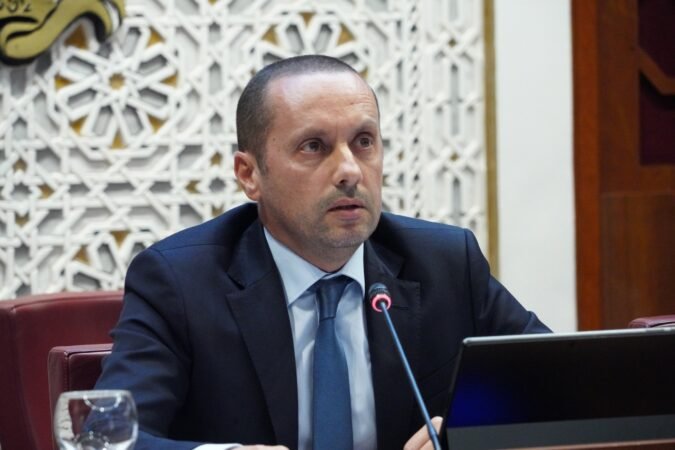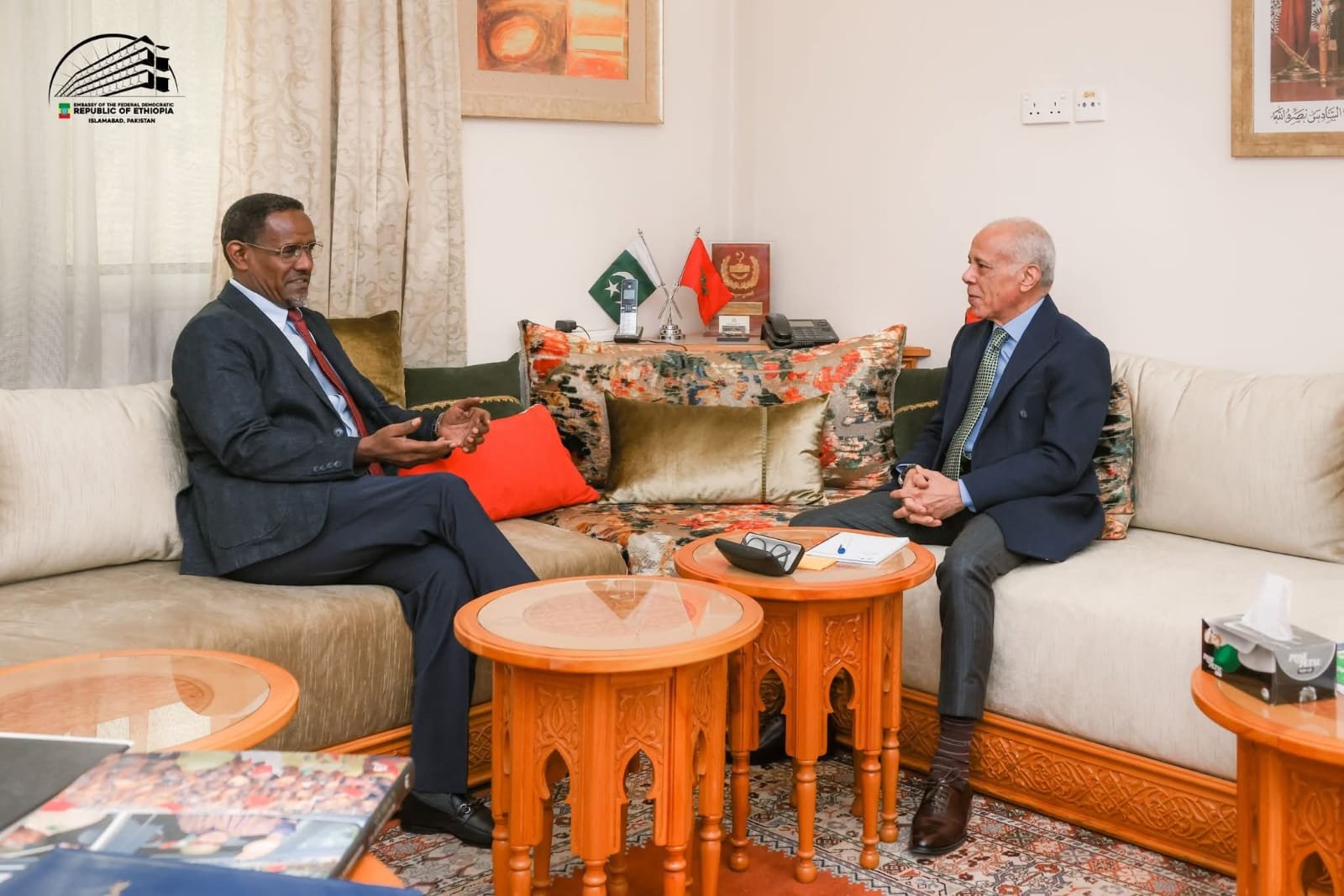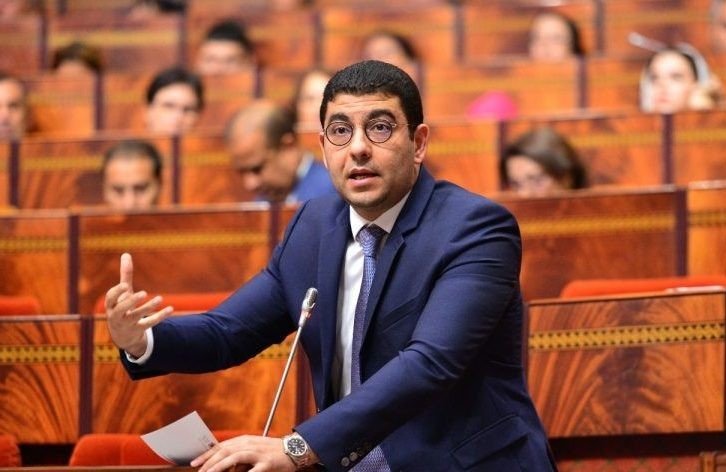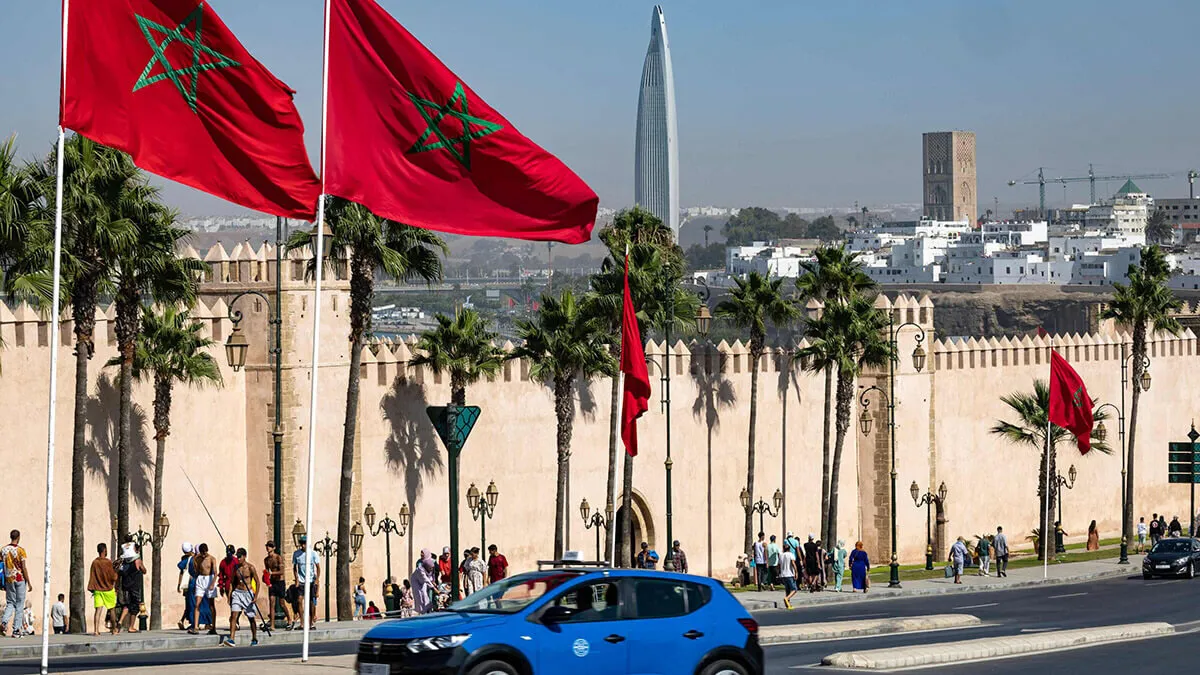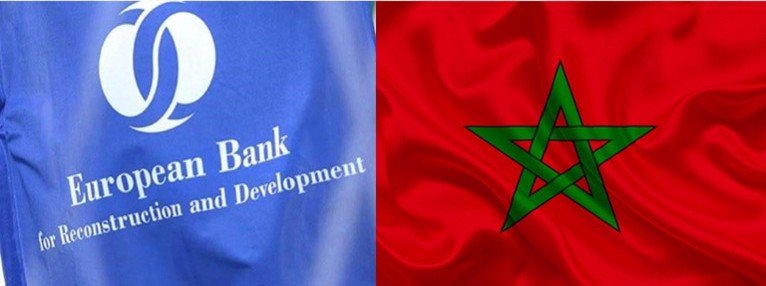Marrakech, September 30, 2025 – The Europe Today: At the 80th session of the United Nations General Assembly, Morocco’s Permanent Representative to the UN, Omar Hilale, delivered a strong rebuttal to statements by Algerian Foreign Minister Ahmed Attaf on the Western Sahara issue, framing Algeria’s position as misleading and historically incomplete.
Hilale said his intervention aimed “to provide clarifications and restore truths” rather than to engage in polemics, but underscored that “history is stubborn.” He reminded delegates that Morocco had placed the Sahara question on the UN agenda 62 years ago as a decolonization matter, highlighting claims dating back to 1956.
Addressing what he described as omissions in Attaf’s remarks, Hilale noted that the UN General Assembly adopted Resolution 3458B fifty years ago, acknowledging the Madrid Accords which ended Spanish colonization of Morocco’s southern provinces. He stressed that the Security Council continues to examine the Sahara as a matter of peace and security, not solely decolonization.
Hilale emphasized that for 21 years, the Security Council has consistently called for a political solution, with annual resolutions since 2007 affirming the Moroccan Autonomy Initiative as “serious and credible.” He pointed to significant development projects in the region, citing large-scale infrastructure investments, universities, hospitals, and the establishment of Africa’s largest Atlantic deep-water port.
“The realities of the Moroccan Sahara today are billions in investments, peace, and stability,” Hilale stated, underscoring the participation of local populations in political, cultural, and economic life. He also highlighted the opening of 30 Consulates General in Laayoune and Dakhla as international recognition of Moroccan sovereignty.
Refuting Algeria’s claims of neutrality, Hilale accused Algiers of “fueling separatism” by arming and financing the Polisario Front while imposing conditions on negotiations. “Algeria claims not to be a stakeholder, yet it defines fundamentals for resolving this dispute. Under what authority does it set these conditions, if not as a stakeholder?” he asked.
He urged Algeria to play a constructive role in UN-led efforts, including participation in roundtable discussions, while citing broad international support for Morocco’s initiative. According to Hilale, more than 120 countries — including three permanent members of the Security Council and over two-thirds of EU members — endorse the Moroccan Autonomy Initiative or recognize Moroccan sovereignty over the Sahara.
Concluding his remarks, Hilale referred to King Mohammed VI’s Throne Day address of July 29, in which the monarch extended a hand of reconciliation to Algeria. “These positions favorable to rightfulness and legitimacy inspire us with honor and pride. They push us further to seek a consensual solution that saves face for all parties, where there will be neither winner nor loser,” he said.
Algeria has yet to officially respond to the royal overture, maintaining its support for the Polisario Front in the Tindouf camps.
